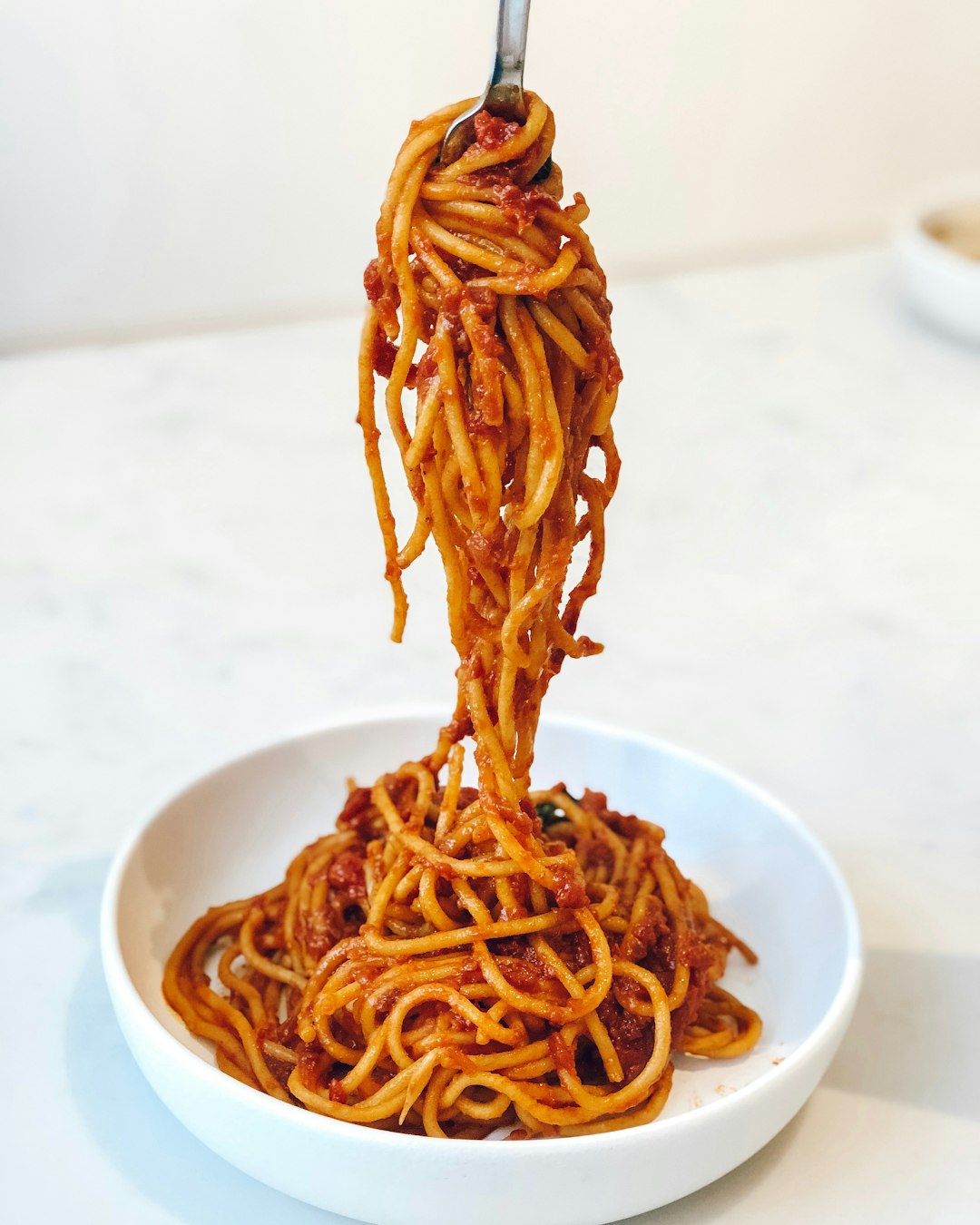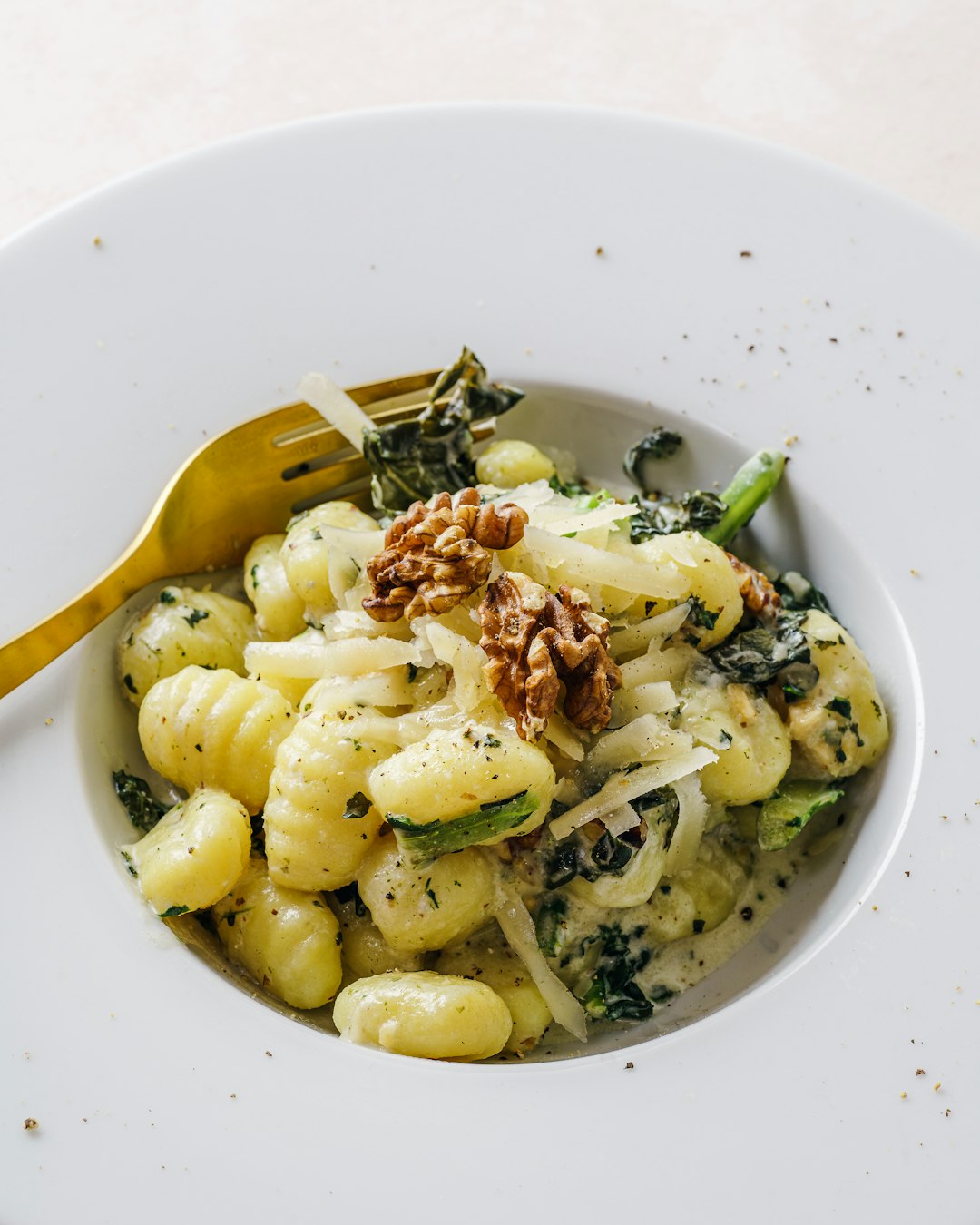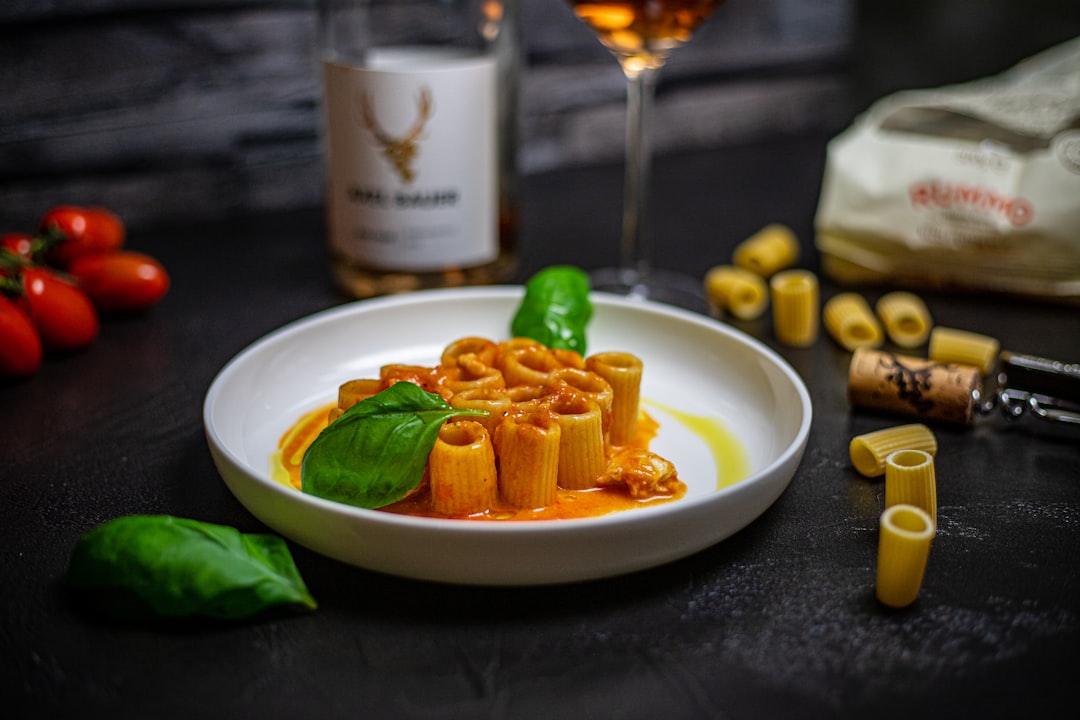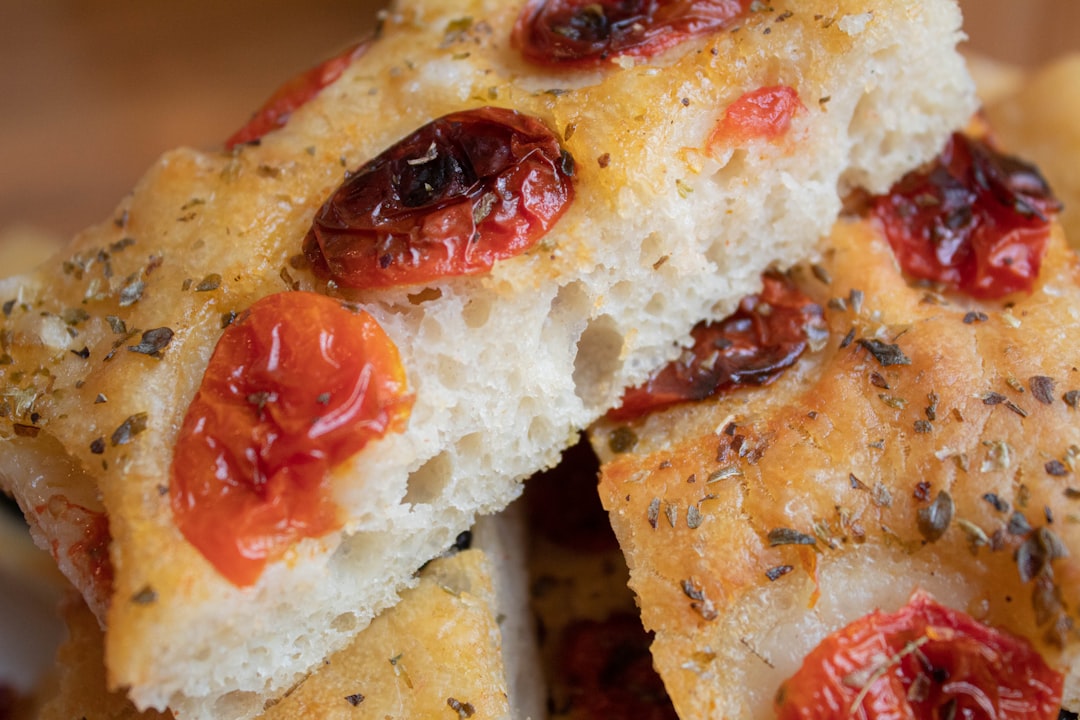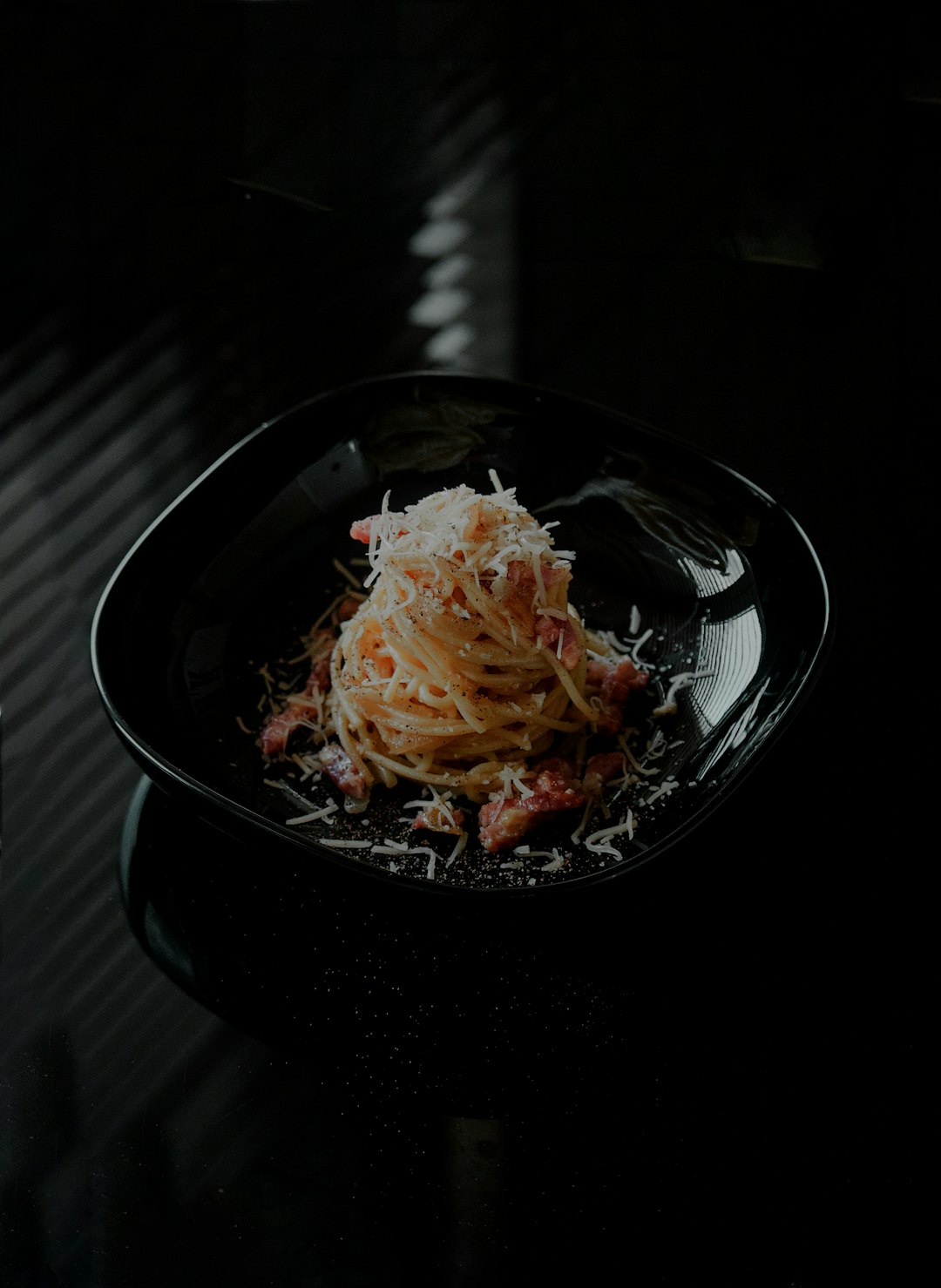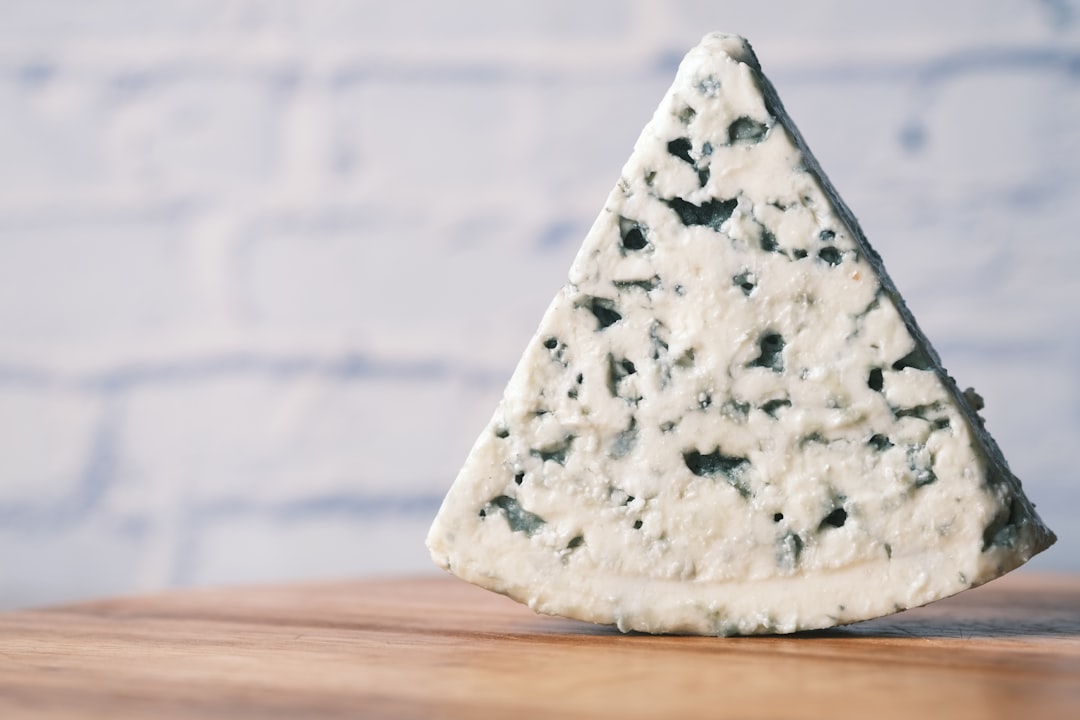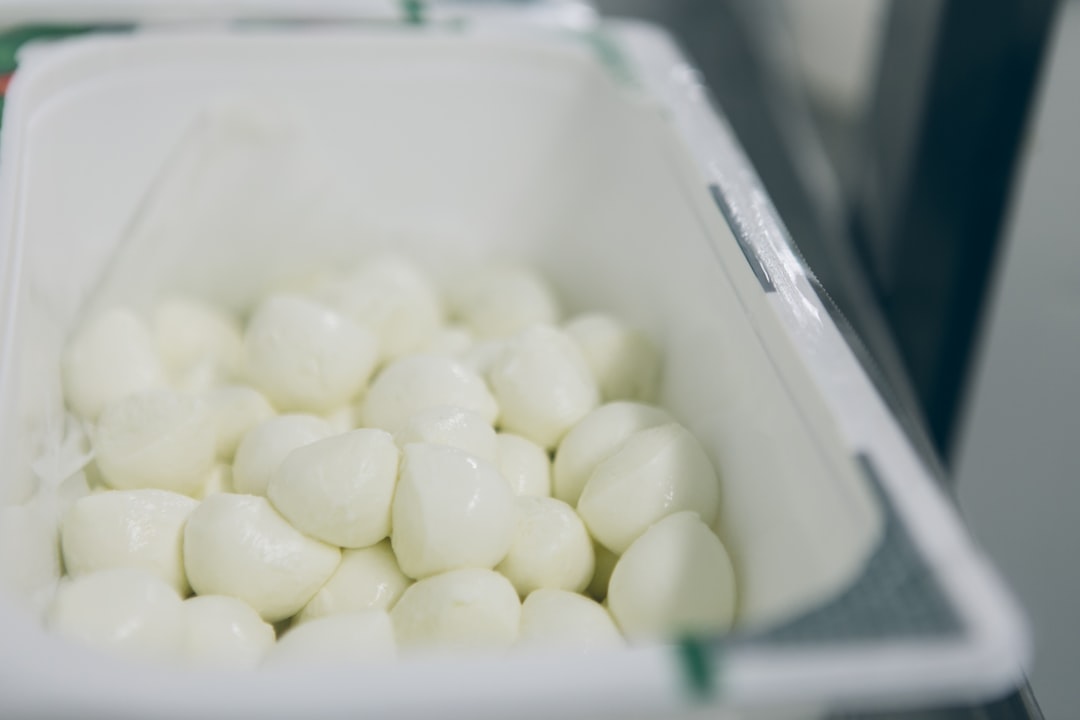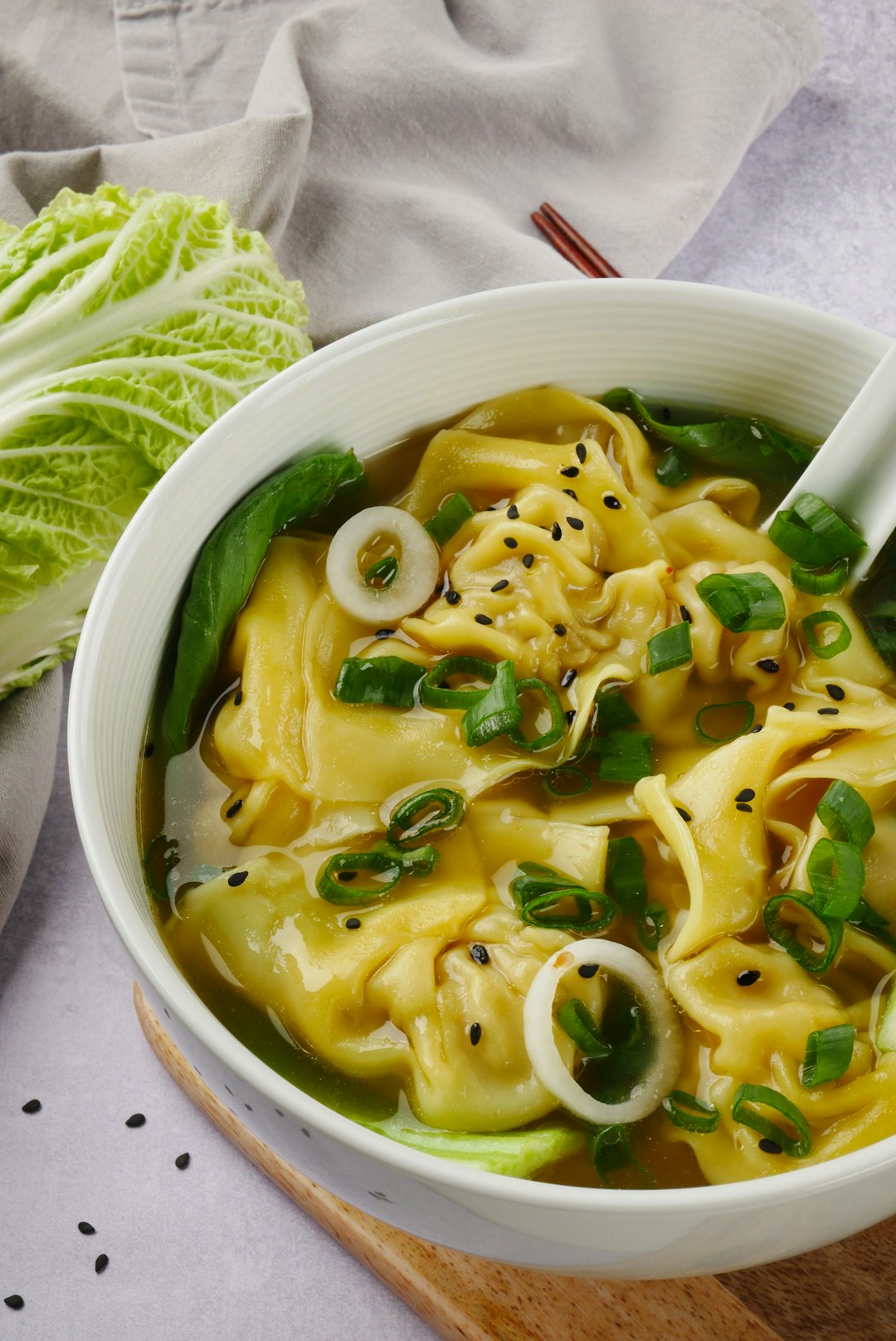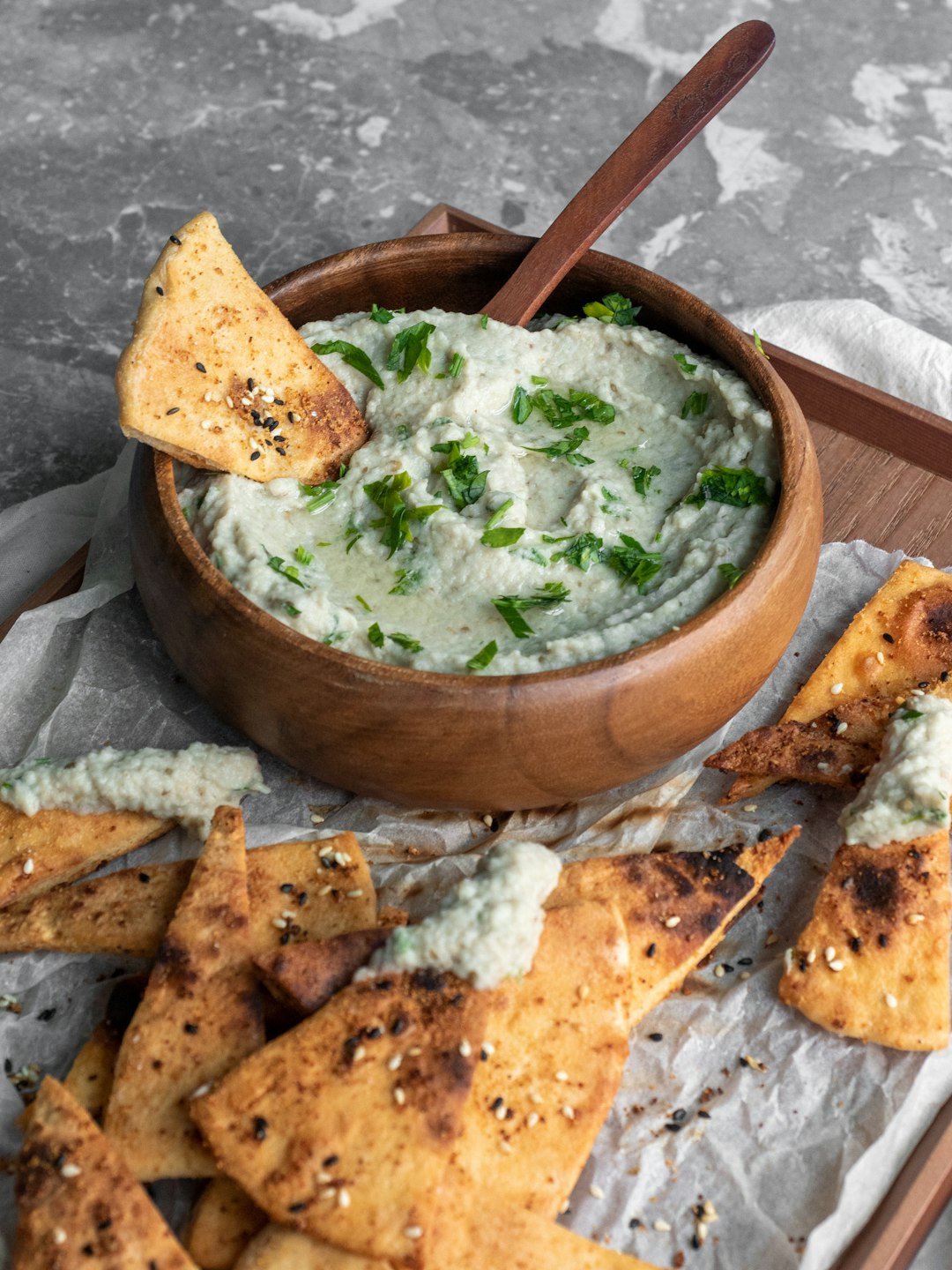Italian cuisine
From the acidic nuances of Neapolitan pizza to the creamy richness of carbonara, the Italian kitchen is a veritable smorgasbord of delectable delights. The Italians have a knack for blending together a delightful mix of herbs and spices like rosemary, oregano, thyme, garlic and chili flakes - to create delicious combinations that tantalize the taste buds.
Italian cuisine also features a remarkable range of pasta dishes; from spaghetti Bolognese to fusilli alla Puttanesca, there seems to be an endless number of tasty creations to explore. Indeed, these dishes often feature robust flavors and textures that excite the palate, making them some of the most sought after dishes in the world.
But Italian cuisine doesn't stop there. The country is also home to countless succulent seafood dishes, from briny calamari to toothsome mussels. The Italians' abundant use of fresh ingredients and zesty sauces lend these dishes an irresistible complexity that is truly unique.
And of course, Italian food wouldn't be complete without its renowned desserts. From cannolis to gelatos to tiramisu, Italian sweets are renowned for their nuanced sweetness and unique presentation. These delectable confections undoubtedly leave you wanting more.
Indeed, exploring Italian cuisine is a journey like no other. From the fragrant aromas of fresh olive oil to the savory layers of richly seasoned ingredients, Italian food is an adventure that will delight the senses and take you around the world in one bite.
Italian cuisine dishes
A selection of Italian cuisine dishes.
Panino
As the Italian saying goes: "Il panino è una cosa buona" - The sandwich is a good thing. And indeed it is very good! Panino, or sandwiches as we English-speaking folks would call them, are one of the most wildly popular and delectable dishes adored across numerous cultures.
PaninoLasagna
Lasagna is a glorious dish that embraces the spirit of Italian cuisine as a whole. From its humble roots to its modern incarnations, it has become a staple in kitchens during times of celebration, hardship, and everything in-between. Its ingredience are simple, yet when combined create a flavourful harmony.
LasagnaGnocchi
Gnocchi is a beloved Italian delicacy that's been around for centuries, and even today it remains an absolute treat. Gnocchi is dumplings or small pieces of dough, often made from potatoes, flour, semolina, or other ingredients. Though gnocchi is usually served as a side dish, it can also act as the main course and has been known to grace Italian dinner tables since at least the 14th century.
GnocchiBurrata
Burrata is one of the most delectable dishes you will ever try. It is a cheese that is native to the Apulia region of Italy and is known for its creamy texture and delicate flavor. The cheese is made by taking soft, fresh mozzarella and wrapping it around a center of cream and curd. The taste is both subtle and complex, making it an ideal choice for those who appreciate subtlety in their dishes.
BurrataZuppa toscana
This delectable Italian soup, Zuppa Toscana, has made its way into gastronomic folklore as a comfort food par excellence thanks to its robust flavors and heft of ingredients. A zesty amalgam of potatoes, sausage, kale and onions, it is a bold yet harmonious dish that is sure to pique the palates of those who savor it.
Zuppa toscanaBucatini
Savouring delicious Bucatini pasta is an experience akin to nirvana. With its hollow tubular shape and perfect al dente texture, it is any food lover's dream. Known to many as the thick spaghetti of Italy, Bucatini is a classic Italian dish, one of the mo
BucatiniMarzipan
Marzipan is an intriguing and highly palatable confection that has delighted people around the world for centuries. Often seen adorned on cakes and desserts and served as delicious little treats in their own right, marzipan is a delightful amalgamation of sweetness and texture.
MarzipanFettuccine
Fettuccine is a classic Italian staple, made of long strands of pasta and a hearty sauce of herbs and spices. It's been one of the most beloved dishes in Italian cooking for generations, and is often served with a generous helping of savoury parmesan chee
FettuccineGuanciale
Guanciale is a unique and flavorful Italian delicacy whose culinary origins can be traced back centuries. The dish is composed of cured pig jowl and is typically served in thin slices and enjoyed with pasta, vegetables, and other accompaniments. The flavor of Guanciale has been described as “pungent” and “earthy” with an almost “smoky” hint. This is due to the curing process which involves salt, pepper, and other spices being used to bring out the best flavors.
GuancialeMortadella
Ah, mortadella. Part of the classic Italian culinary trifecta of cured meats, along with prosciutto and salami, it is a delightful mixture of pork and spices, often served chilled or at room temperature. Despite its popularity in the United States, this wobbly, partially cooked delight has been part of the Italian culinary lexicon for centuries, and while you can now find it all over the world, it was born in the Italian city of Bologna, which, coincidentally, is where the name "mortadella" comes from.
MortadellaAffogato
Who said that desserts can’t be savory? With Affogato, the Italian-originated coffee-based ice cream dessert has been tantalizing taste buds since the mid-19th century. An evolution of the classic affogato al caffè, this unique sweet treat combines rich espresso with creamy gelato, resulting in a sublime culinary experience.
AffogatoBiscotti
Biscotti is a delightful Italian cookie that has been a part of the culinary landscape throughout history. It has an intriguing texture and flavor that can range from sweet to savory, depending on the ingredients used in its preparation. This versatile treat can be enjoyed both as a decadent snack and as a satisfying accompaniment to coffee or tea.
BiscottiNutella
Ah, Nutella, the sweet and creamy spread that has been gracing breakfast tables since 1964. It's become an iconic snack and favorite treat among children and adults alike. While it may be tempting to think of Nutella as simply a confection, there is a lot of nuance to this delectable dish.
NutellaItalian wedding soup
Ah, Italian wedding soup – the meal that brings to mind weddings, receptions, and deliciously hearty bowls of chowder. It's a classic Italian dish that originated centuries ago and has become a staple in Italian American cuisine. This soup is an amalgam of flavors featuring chicken broth and ditalini pasta, followed by the addition of succulent morsels of chicken and veggies. Whether you are looking to impress your guests at the next wedding celebration or just want to enjoy a comforting bowl of home-cooked goodness, Italian wedding soup is the perfect choice.
Italian wedding soupCiabatta
Ah, Ciabatta. The delightfully dense and deeply textured Italian bread beloved for its versatility and delicate flavor. It's the perfect accompaniment to nearly any meal, but also stands on its own as an appetizer or side dish. The origins of this delectable dish remain a bit of a culinary mystery, with the first recorded mention of Ciabatta dating back to 1858, making it perhaps one of Italy's oldest surviving breads.
CiabattaCavatappi
A plate of Cavatappi can be a real delight. Little known outside of Italian cuisine, this pasta dish is created by combining cavatappi noodles and a delectable sauce of one's own choosing. Whether you opt for a garlicky pesto or some rich tomato-based flavor, the noodles of cavatappi create the perfect marriage between your topping and the pasta.
CavatappiOrzo
Orzo is a culinary delight that is often overlooked. It is a pasta-like dish made from semolina wheat, but it is notably smaller and more disc-like than traditional pasta. Orzo is popular among both Italian and Middle Eastern cuisines, and can be an incredibly versatile dish.
OrzoGorgonzola
The creamy and savory flavor profile of Gorgonzola is an opulent treat for any palate. This Italian blue cheese is unique amongst others, as it boasts a delicate balance between acidity and sweetness, resulting in a rich, substantial texture that is all too divine.
GorgonzolaMozzarella
Mozzarella is a cheese that has been tantalizing taste buds for centuries. It is creamy, soft and oh so delectable. Not only does it have a wonderful melty texture, its flavor is like a symphony of subtle complexities. From the sweetness of the milk and the hint of umami that lingers, to the earthy saltiness it possesses, Mozzarella will transport your taste buds to Italy with every bite.
MozzarellaPita
Pita. It's a mysterious medley of various cultural influences that have coalesced to create a culinary wonderment that transcends the boundaries of countries and histories. With its versatility and flavor, it can easily be said that when it comes to food, pita has it all.
PitaCapellini
Capellini is an Italian dish that can take any palette on a journey of flavor exploration. With its thin strands of pasta, capellini has a remarkable lightness of texture and delicate flavor that is both familiar and inspiring. This simple yet versatile dish allows for great creativity in the kitchen.
CapelliniItalian cuisine
Italian cuisine is exquisite, full of flavor and soul. From the passionate, artfully crafted cooking of the south to the rustic and hearty dishes of the north, it is easy to see why this cuisine is beloved around the world.
The Italian kitchen is renowned for its resourceful use of ingredients, bringing balance, nurturance and soul to every meal. Italians embrace the culinary spectrum, utilizing a variety of spices, herbs, vegetables, cheeses, proteins, and starches to bring out a diversity of flavors. The result is an array of sumptuous, imaginative dishes that draw from both traditional and modern recipes.
One pairing that stands out is the delectable combination of cured meats, such as prosciutto, salami, and mortadella with a soft cheese like mozzarella or burrata. This delicious duo is often served atop a bed of buttery focaccia bread or accompanied by succulent olives. Another cherished pairing is sweet, salty, and spicy wild boar sausage with creamy polenta.
One of the most popular Italian dishes is pasta. From the comforting and classic Bolognese to light and flavorful seafood pasta dishes, there are seemingly endless ways to enjoy this staple. For those seeking a heartier dish, lasagna is always a favorite, loaded with layers of juicy Italian sausage, tangy tomato sauce, fragrant herbs, and rich cheese.
Of course, no Italian feast would be complete without a selection of mouth-watering desserts. Tiramisu, gelato, cannoli, and panna cotta are just a few of the decadent sweets that make up the canon of authentic Italian desserts.
Whether you’re looking for a quick bite or an elegant meal, Italian cuisine has something for everyone. With its nuanced flavor combinations and imaginative dishes, you can bet your palate will be delighted with every bite.
History of Italian cuisine
Italian cuisine has a long and varied history that dates back to the ancient Romans. It has evolved over time, becoming an international phenomenon with an array of flavors, ingredients, and dishes.
When discussing Italian cuisine, one must look to the region's ancient past. Ancient Roman cookbooks provide a glimpse into the culinary practices of the time, and many of these recipes have been passed down through generations. These dishes were often simple, focusing on fresh ingredients and uncomplicated methods.
One of the most prevalent ingredients in Italian cuisine is tomatoes. Tomatoes were introduced to Italy by Spanish traders in the 16th century and quickly became an integral part of the local diet. They were used in a variety of dishes, from sauces to pizza, and are now a staple in Italian cuisine.
The influence of other cultures is also evident in Italian cuisine. For example, Italian-style pasta originated in China and was brought to Italy by traveling merchants in the 12th century. Over time, the dish was adapted to local tastes and traditions, transforming into the spaghetti and other types of pasta that are popular today.
More recently, Italian cuisine has taken on global influences. The combination of Italian ingredients with foreign flavors has resulted in a range of unique dishes, such as Italian-style sushi, Mexican-inspired tacos, and Indian-style curries.
No matter where Italian cuisine originated, it remains a beloved part of Italian culture. Its complex flavors and unique ingredients will continue to captivate international palates for years to come.

